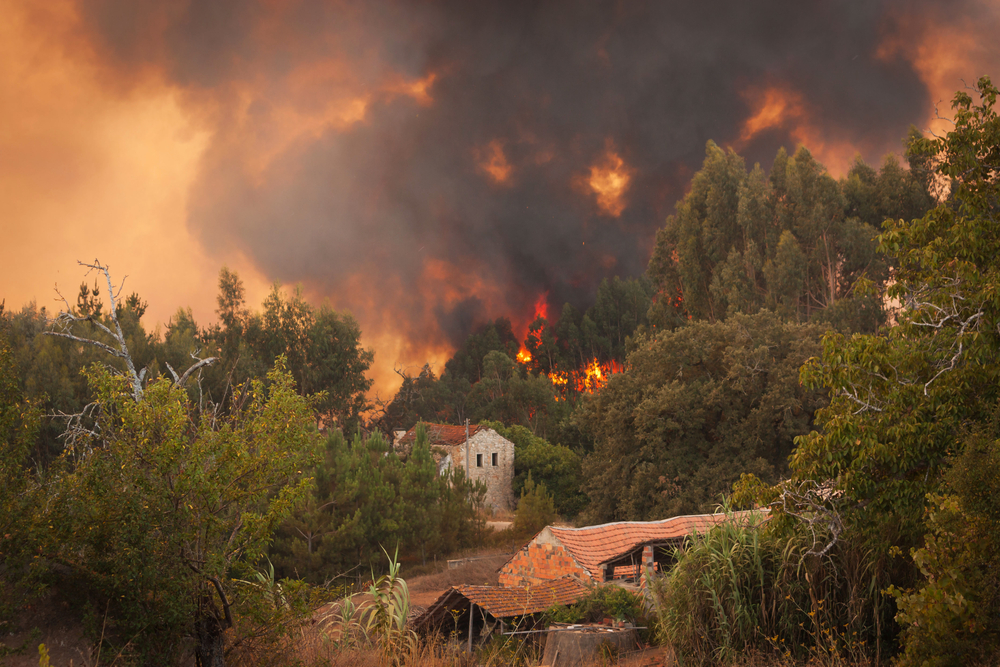Forest and bushfires in Hungary: the canopy rarely burns, but the situation is still serious
In each of the past 12 years, there have been at least 2,600 wildfires in Hungary. The immediate cause is almost always human negligence, but global warming and agricultural methods are to blame as well.









